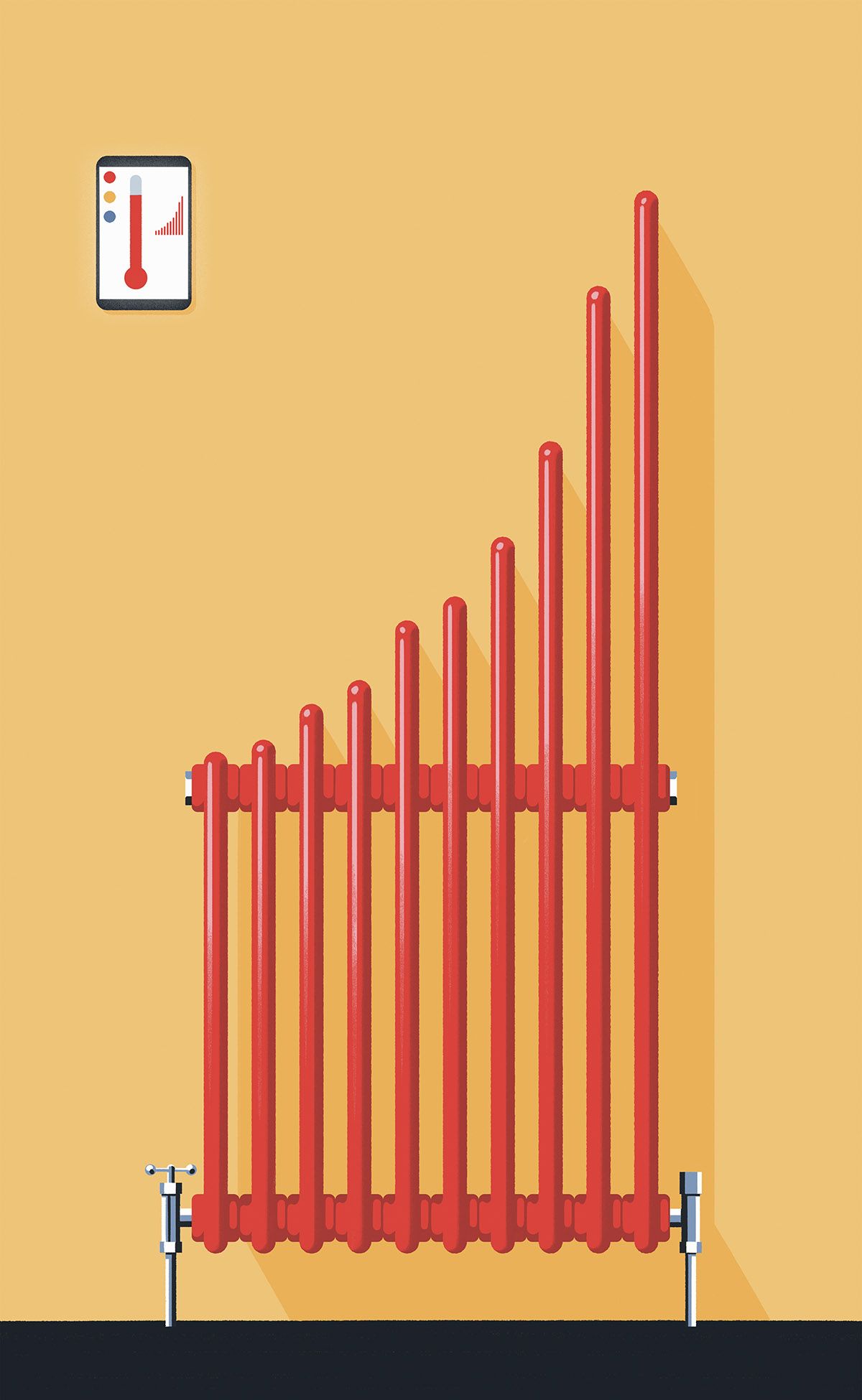The failure of the UK government to insulate homes and build renewable energy infrastructure during the last decades means energy companies will be forced to spend billions on Russian gas imports this year – potentially helping to fund Russia’s war on Ukraine.
The UK imported almost 34 terawatt-hours of Russian liquefied natural gas in 2021 – despite there being almost no such imports as recently as 2017. Current Russian oil imports to the UK equate to about 7% of UK total imports, and about 4% of UK gas demand.
This means the UK will be spending £2.3 billion on Russian gas this year – or £6.3 million per day if buying at today’s wholesale gas price of about £68 per megawatt-hour. British Gas owner Centrica is in talks to exit its supply deals with Russian gas firm Gazprom “as a matter of urgency”.
Boris Johnson plans to phase out oil supplies from Russian oil imports by the end of 2022 in response to Vladimir Putin’s invasion of Ukraine. This will result in even higher gas bills for families and businesses across the UK. Wholesale gas price rises are already driving energy bill hikes, with gas directly adding at least £500 to the average annual domestic bill under April’s new price cap, and a further £68 due to supplier collapses.
On top of the increase in the cost of living, with rising energy bills, food and transport costs, changes in income tax and stagnant wages will push many UK households further down the poverty line.
Simon Cran-McGreehin, head of analysis at the Energy and Climate Intelligence Unit in London, said: “The UK has been spending billions of pounds on Russian gas that could now be being used to fund Putin’s war in Ukraine. This is another reason why the UK needs to break its dependency on gas – insulating our homes, deploying electric heat pumps and shifting from gas power stations to renewables is the way to do it.”
For Europe, it will be a lot harder to stop funding Russia, because Russia is the main supplier of EU crude oil and gas. One of the biggest pipelines in the world, Druzhba pipeline, carries oil from the eastern part of Russia to points in Ukraine, Belarus, Poland, Hungary, Slovakia, the Czech Republic and Germany. The continent’s high consumption and limited alternatives make diversifying energy supplies across renewable sources an urgent matter.
If UK homes were upgraded using insulation and other heating efficiency measures, such that the average Energy Efficiency Rating moved from band D to the government’s target of band C, each household would use on average 20% less gas, overall UK gas demand would fall by 8%, and imports could be reduced by 15%. UK homes are considered the oldest and leakiest housing stock in western Europe, according to a report by the BRE Trust.
The current gas crisis hitting the UK has been years in the making. The cheapest source of clean energy is onshore wind – which also has the obvious advantage of ending our dependency on oil and gas coming from regions of the world suffering from wars and despotism.








